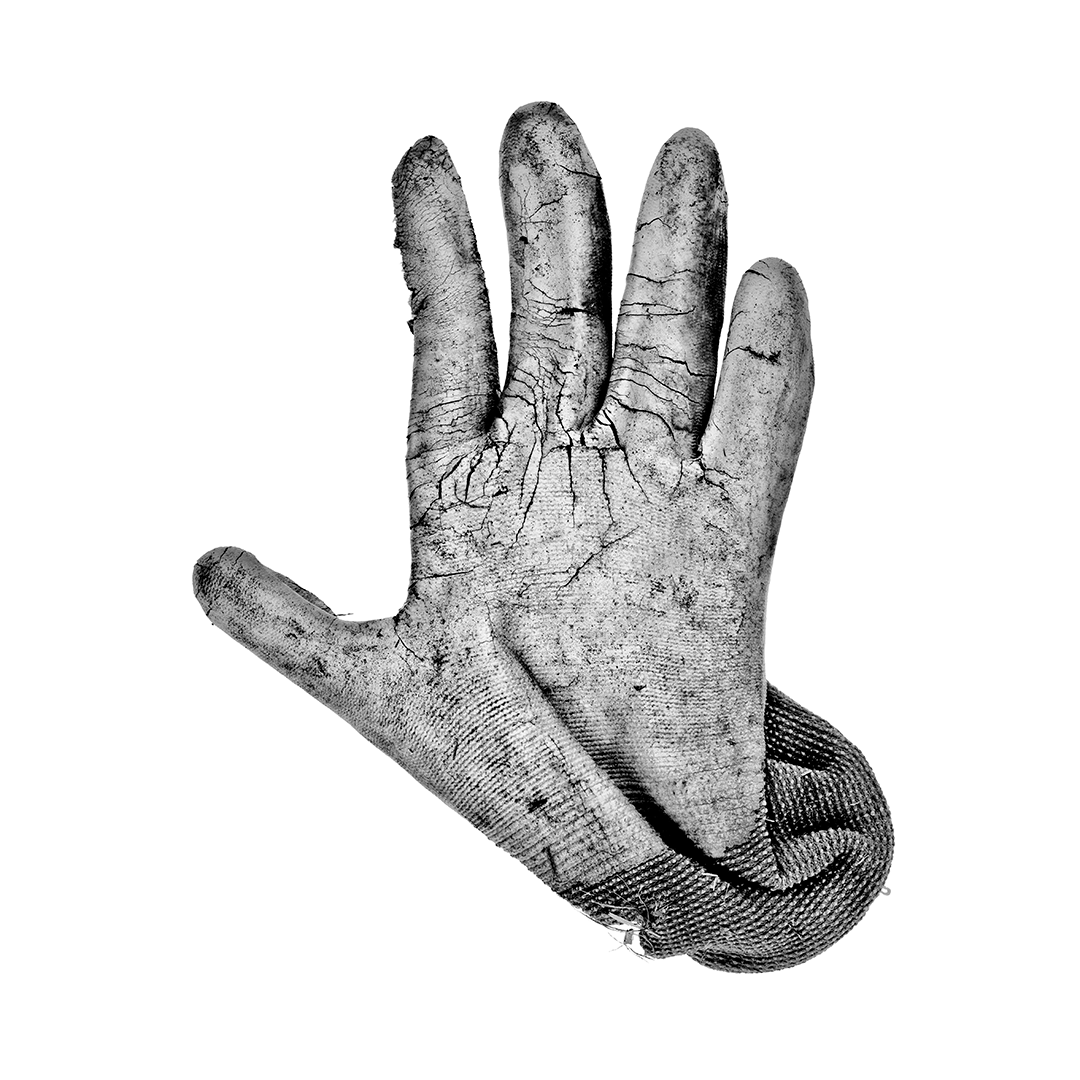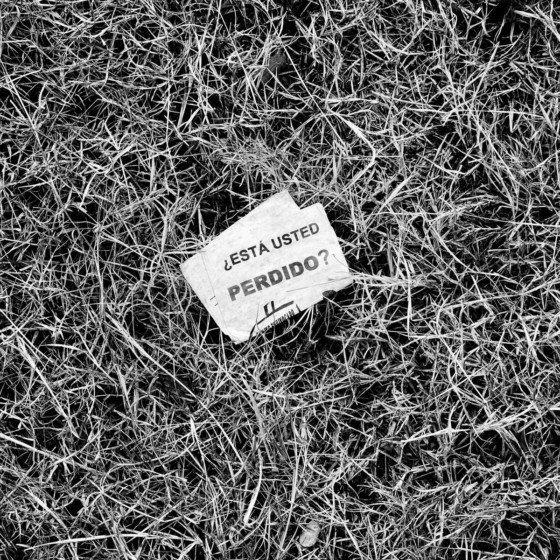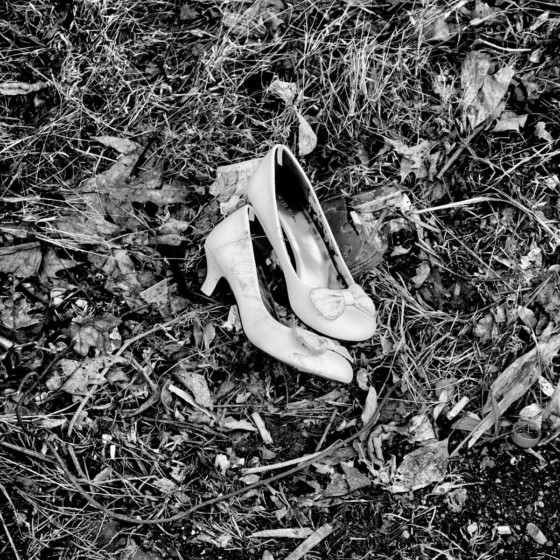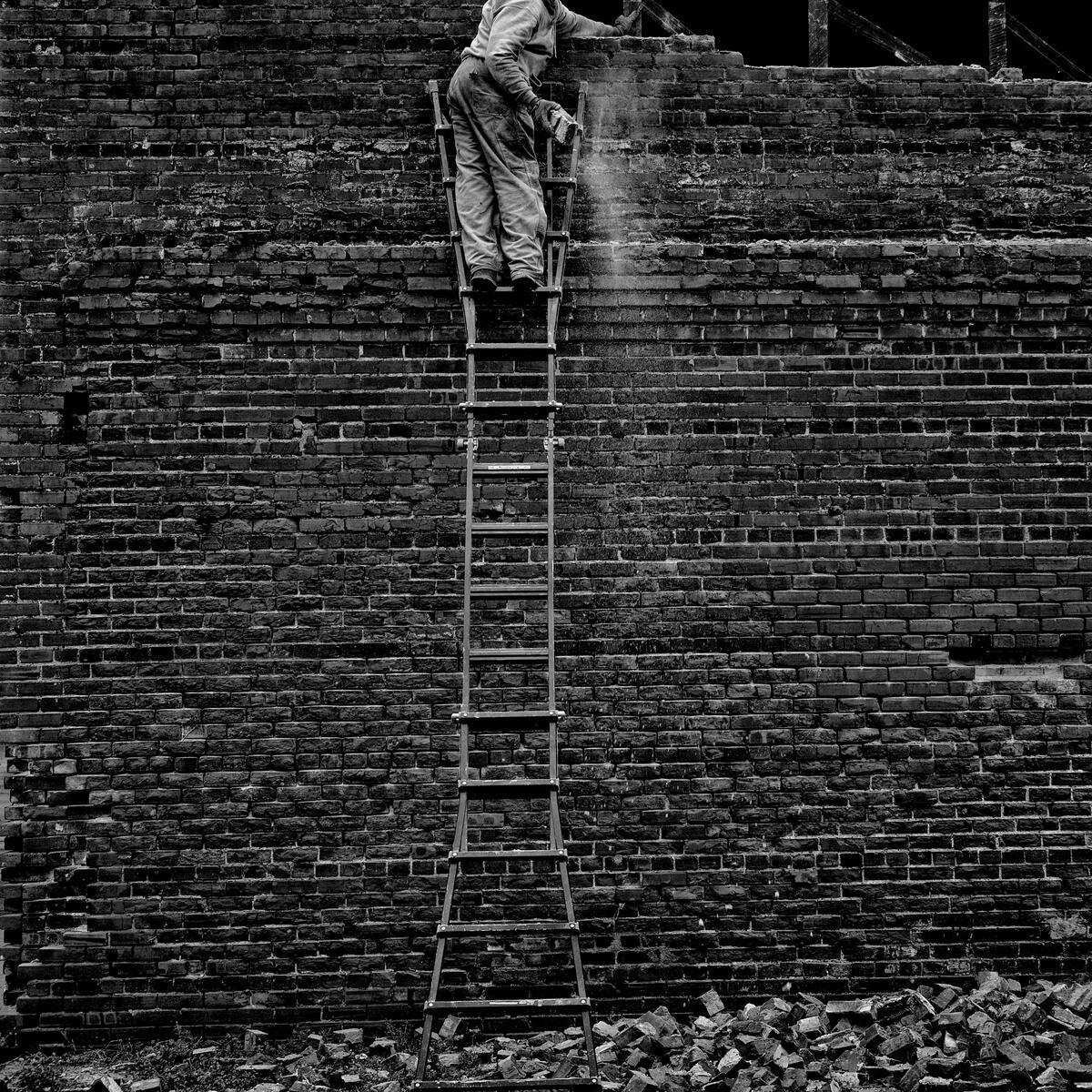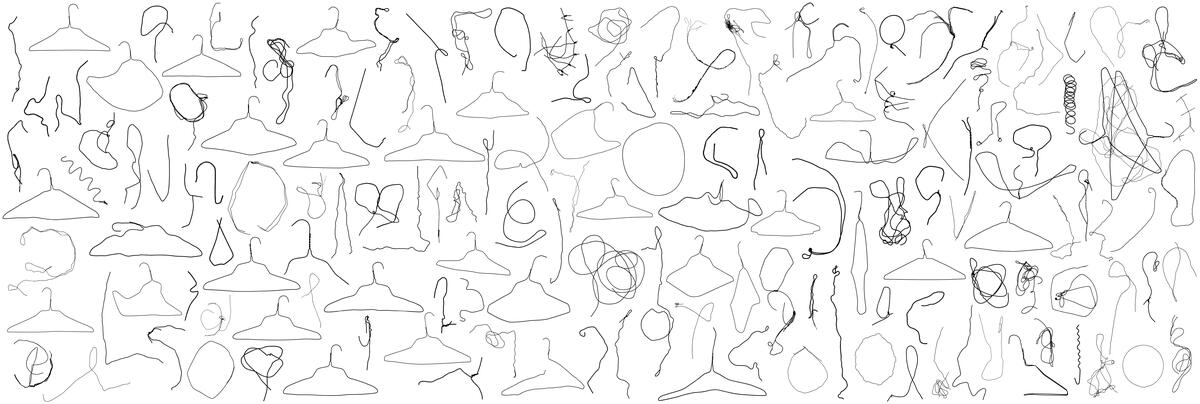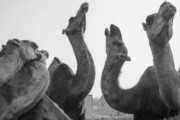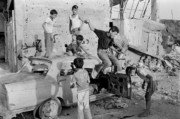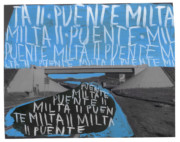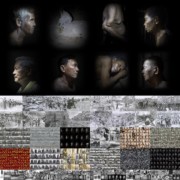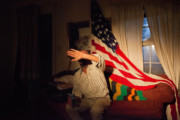Matt Black’s American Artifacts
In a new video, the photographer presents his latest photobook, American Artifacts, a companion volume to his critically acclaimed American Geography, published by Thames & Hudson
“I’ve lived in California’s rural Tulare County my entire life. More than one in five live in poverty, and about one in four children do,” writes Matt Black in the introduction to his new photobook, American Artifacts. “If the American poor, numbering about 40 million at the time of writing, started their own country, they would form the 37th-largest nation in the world, bigger than Canada.”
American Artifacts is a companion volume to Black’s American Geography, published in 2021, which unpicks the myth of the “American Dream” in the modern-day United States. “All of these stories that Americans like to tell themselves about their country, I’ve seen over a lifetime how all those things are not true,” he explains in his online course, The Documentary Commitment, describing the fundamental contradiction between the myth of the “land of opportunity, hard work, reward” cycle ingrained in American culture, and the systemic poverty he had witnessed throughout his life in Central Valley. “The myths are so pernicious and widespread that even the victims of those myths still have a hard time rejecting them,” he continues.
This fundamental contradiction is perhaps best exemplified by Central Valley itself, which despite producing a quarter of the food in the U.S., remains one of the poorest areas of the country. “I began to ask, how many other places are a part of the geography of America, but not part of this American dream?” Black explains.
Over time, American Geography began to expand beyond the peripheries of the region, and across the whole country. It evolved into a six-year project in which he traveled over 100,000 miles, documenting 46 states, and Puerto Rico. Black focused on documenting counties of “concentrated poverty”, in which 20% or more of the population were living below the poverty line — places that are far too often left out of the narrative of “America.” He found that he was able to traverse the entire country without crossing the poverty line.
The resulting book, published in 2021, traces a series of images from the 46 states, as well as notebook entries that Black kept during his travels and images of artifacts that he found in each location along the way. Now, in American Artifacts, Black expands on the notebooks, written records, and artifacts from the project, bringing front and center the voices of the people he met along the way — voices rarely shared or heard within the United States, let alone on an international stage.
“Arriving in each new city, to understand the heart of the place, I met and spoke with countless people — at home, at work, on grocery trips, runs to the hardware store, attending church, watching food get bagged at food banks, seeing teeth get pulled, cars fixed, bills paid, meals prepared, dishes washed, plumbing patched, Bible studied, and children put to bed,” he explains in the introduction to the new book.
In the video below, which sees Black in his studio in the Central Valley, we hear from Esther (Perry County, Alabama), Earl (Clay County, Georgia), Brenda (Savannah, Georgia), Willis (Cheyenne River Sioux tribe), and Melissa (Tuba City, Arizona).
"Viewed one at a time, [these objects] are fragments of lives. Together, they paint a portrait of a country that, we’ve been told, does not exist."
-
Black collected over 3000 objects during the six-year project. He then proceeded to meticulously label, annotate, and box them, before photographing each object one by one, recording the date that each one was found. “These objects, they began to speak just like photographs,” he explains from his studio. “I began to build grids of various categories, typologies.” Among the frequently found objects were empty cigarette packets, empty bottles of liquor, forks, panhandling signs, and playing cards. “To me, it’s just a parallel storytelling method that can build meaning and richness to the work,” he continues.
American Artifacts now brings these objects together, alongside transcripts of his conversations with locals, quotes, and notebook entries. At the back of the book is a survey of concentrated poverty in the U.S., complete with the number of citizens living below the poverty line in each town that he visited (at the time of writing), and the percentage of the population that this represents — a clear reminder of the sheer scale of inequality in the United States today.
Both American Artifacts and American Geography are available to order on the Magnum Store.


